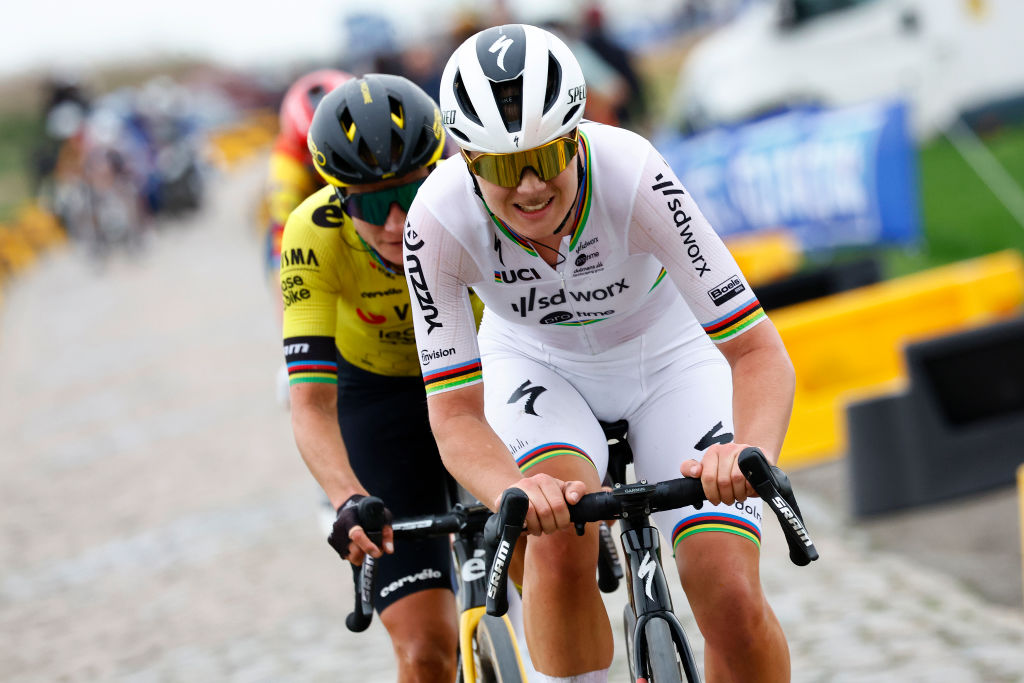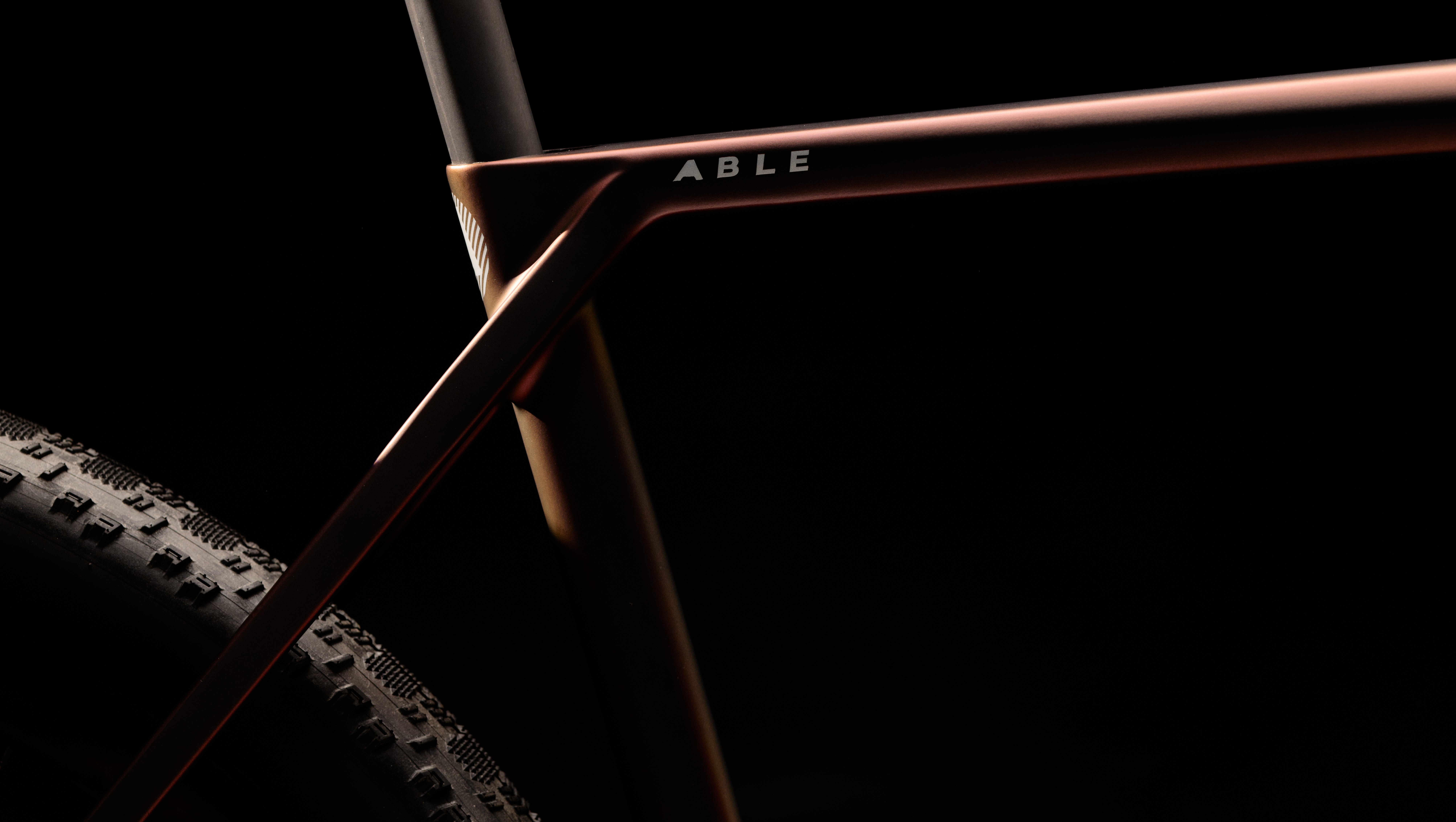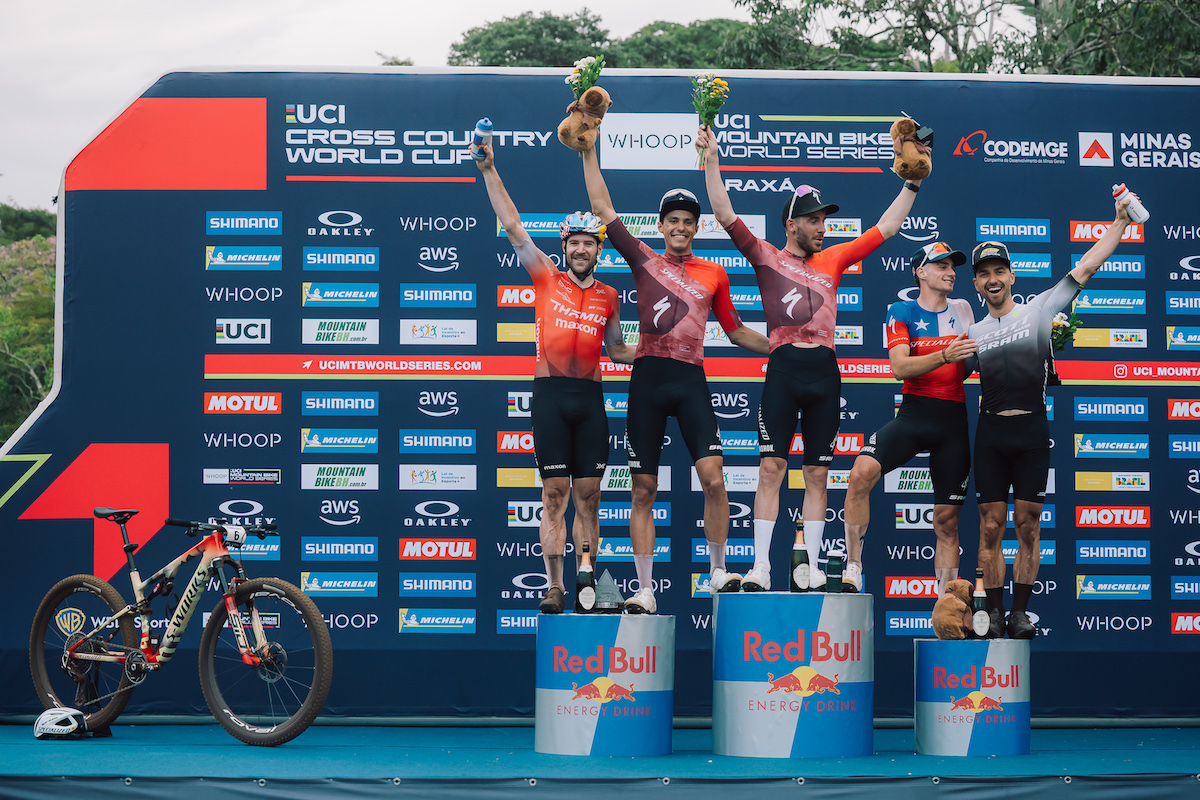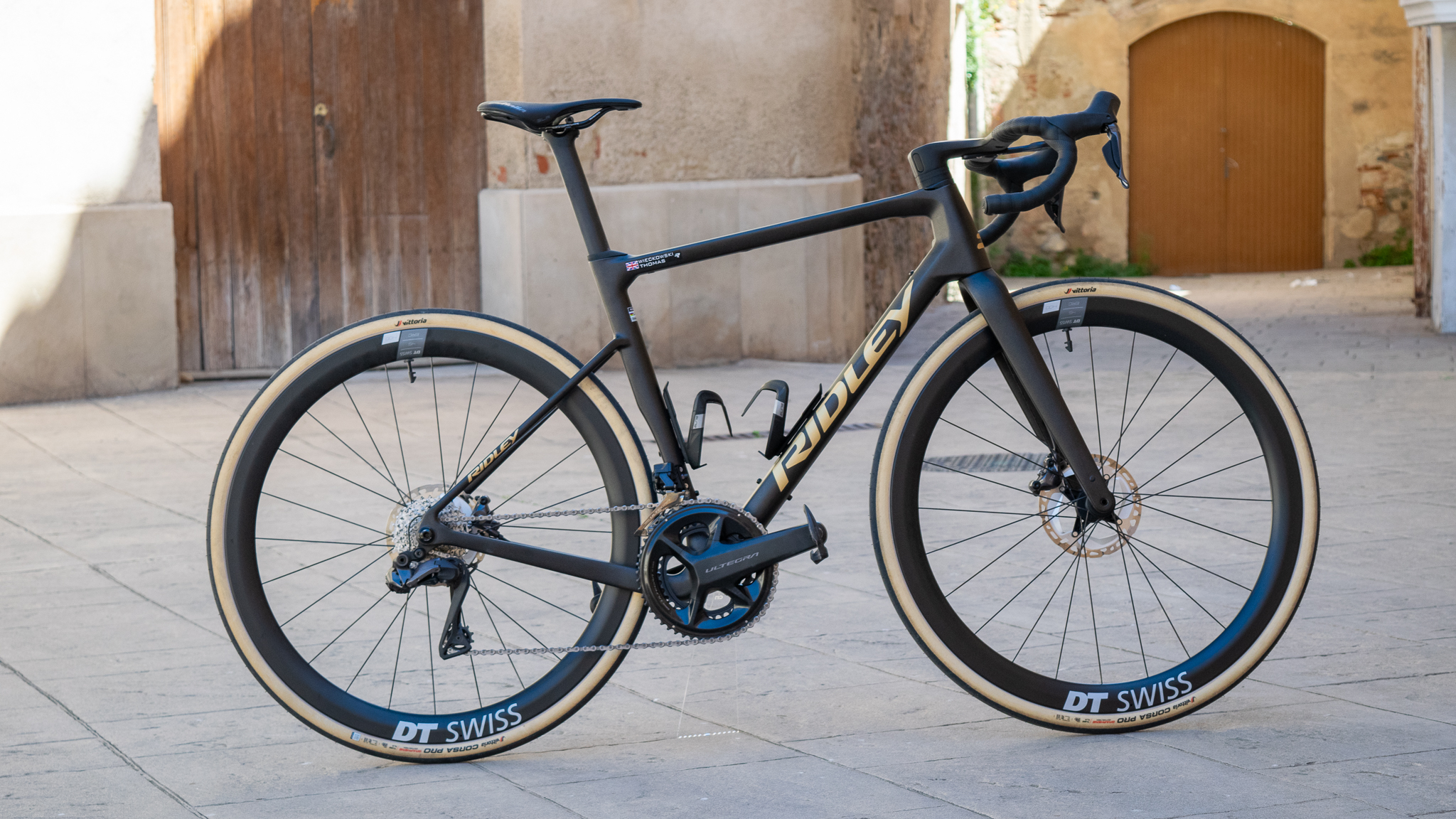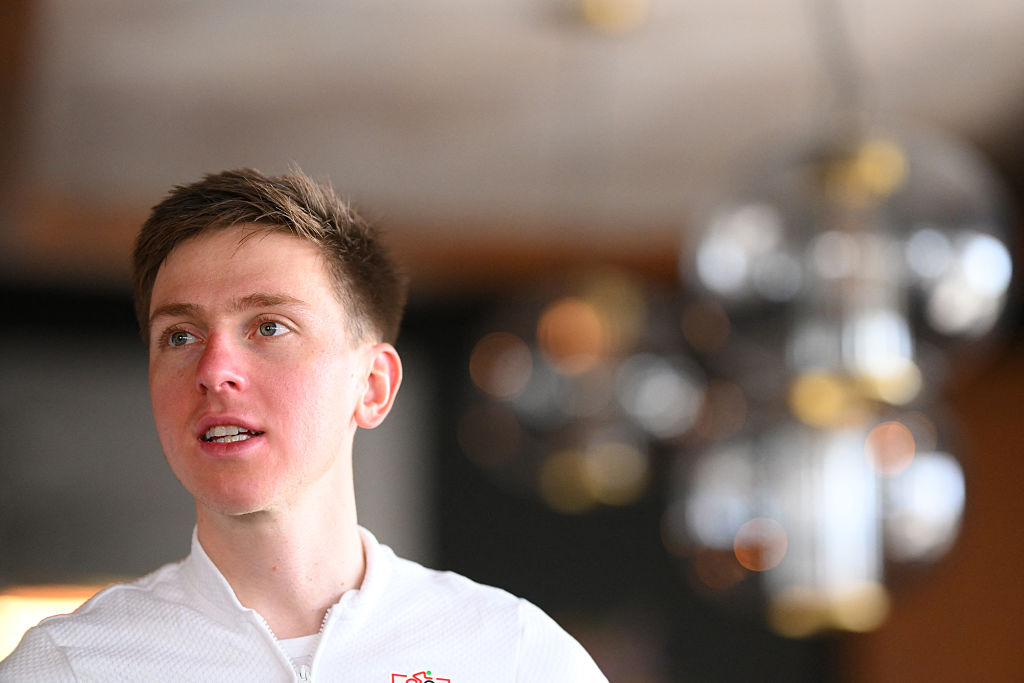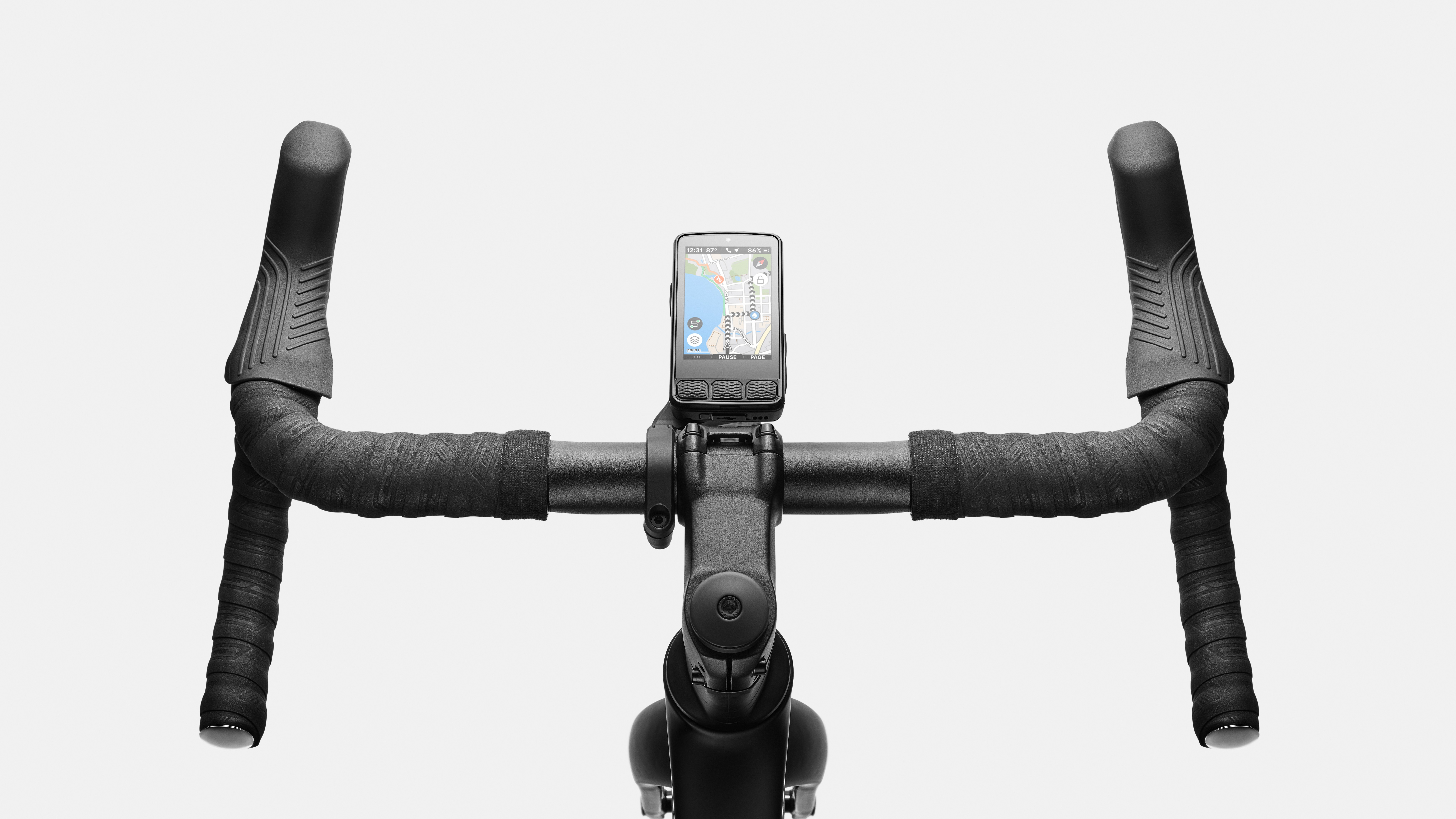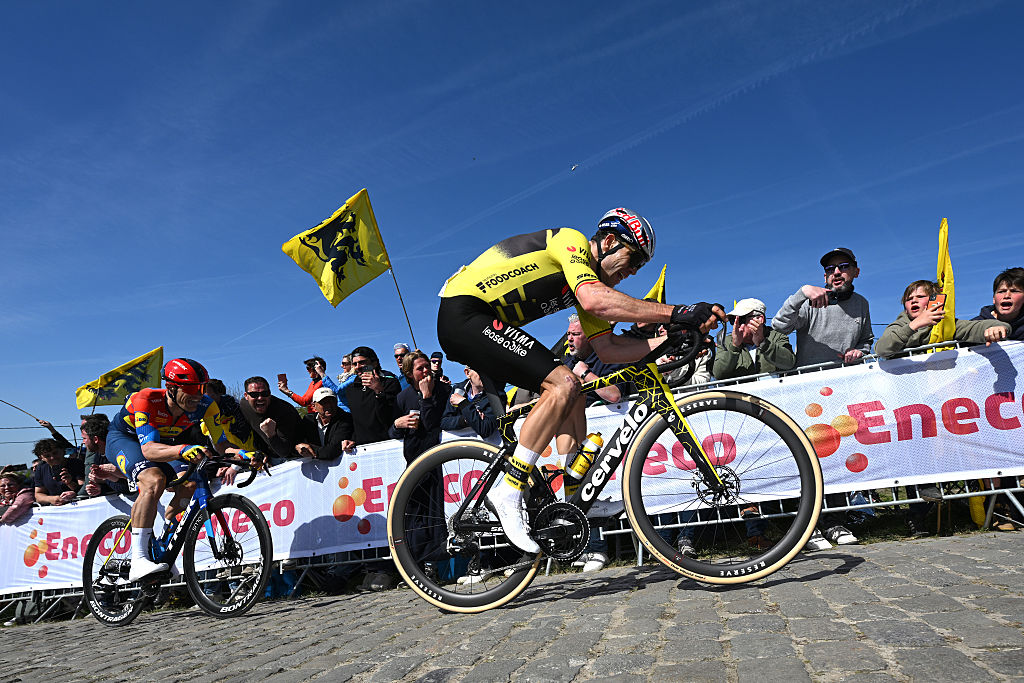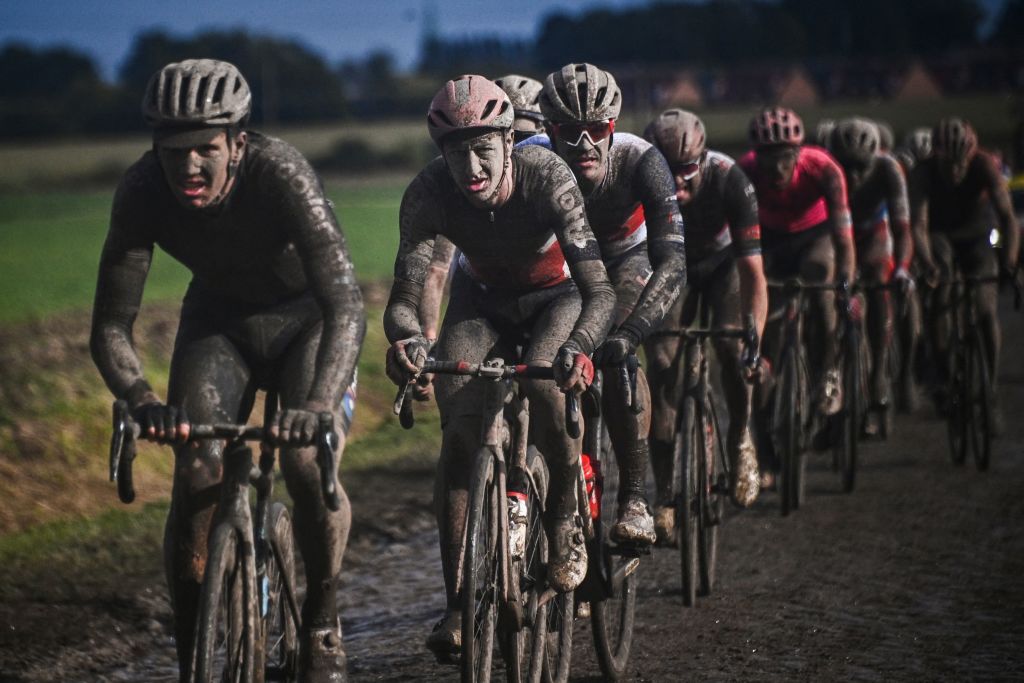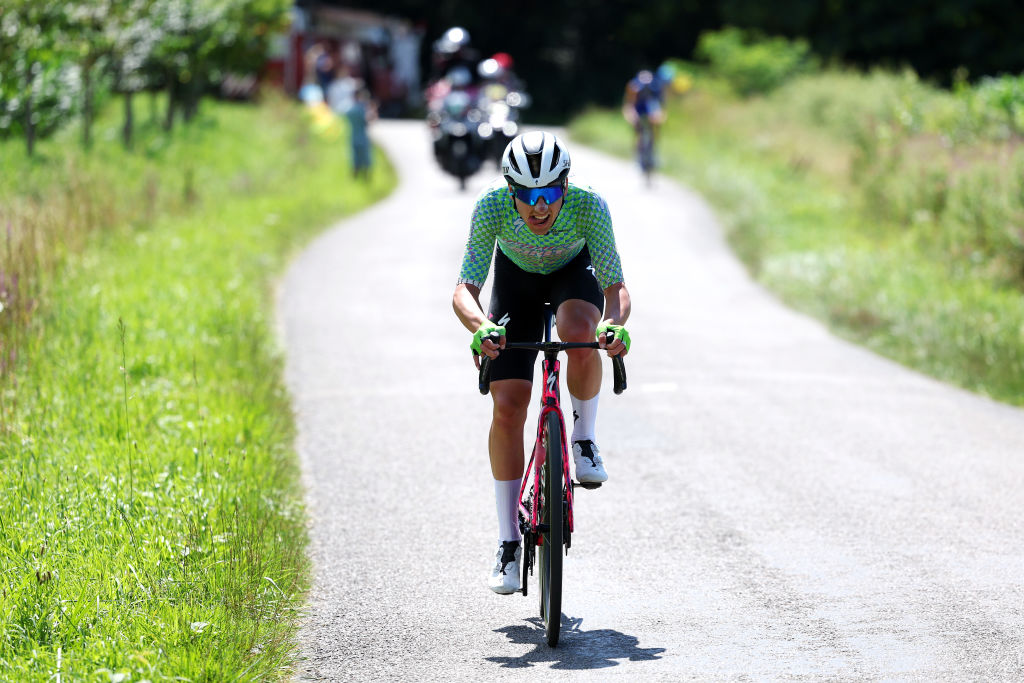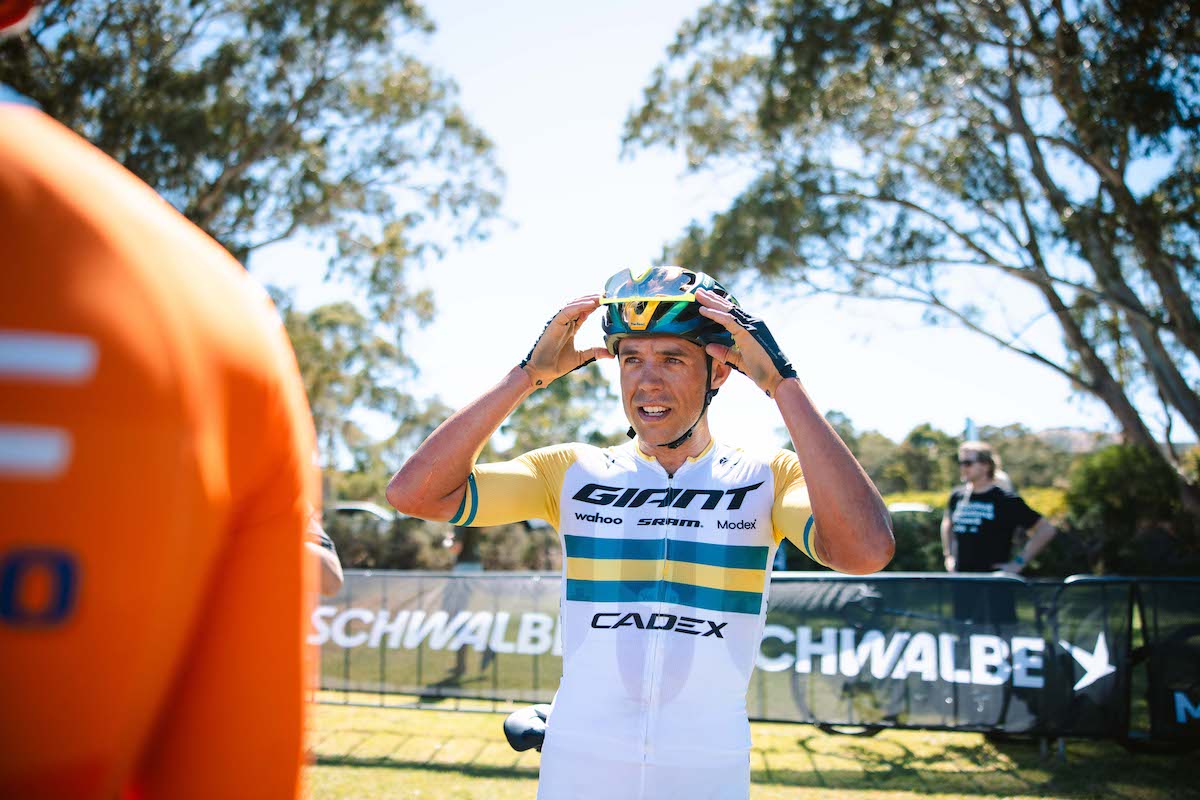Erik Zabel: Disc brakes can be the difference between winning and losing
Former sprinter compares training between then and now




Disc brakes can make the difference between winning and losing, according to Erik Zabel, and the German is doing his best to make sure that Katusha-Alpecin is on the winning side. Zabel joined the team as their performance manager over the winter, having previously worked with them as a sprint coach before he was suspended after he confessed to doping during his career.
With disc brakes, a rider can brake both easier and later. Rim brakes require the use of the full hand, he said, and disc brakes only one finger, which is also an advantage in a dangerous situation. Being able to slow down later, allows a rider to hold their speed longer.
"If you can brake later, you can have an advantage of a few hundredths of a second. In the end, that makes the difference," Zabel said in an interview with Radsport-News.com.
The German knows how to win a sprint, having brought in more than 150 pro wins in his 16-year career. Now at Katusha-Alpecin – where his son Rick is now a sprinter – Zabel convinced the team to convert to disc brakes.
The use of disc brakes is "an ongoing process," he said. "But you don't have to be a prophet to see that in three to five years only disc brakes will be used."
In comparison to rim brakes, the discs are "naturally better," he said. “It wasn't easy to convince everyone to go this way. But I believe that it is an advantage to master the techniques before everyone uses it.”
One commonly mentioned disadvantage is that it takes significantly longer to change punctured tyres. Zabel has an easy solution for that: don't change the tyres, change the bikes. “In the finale, when things have to go quickly, a complete bike change makes more sense. We have adopted that, in fact we have ordered new roof racks which offer space for eight complete bikes."
Get The Leadout Newsletter
The latest race content, interviews, features, reviews and expert buying guides, direct to your inbox!
As a pro, Zabel rode the entire year through, with most of his training concentrating at building up kilometres at low intensity, the opposite of how things are done today. But, he said, he isn't trying to convince the riders to adopt those techniques.
"First of all, the riders don't want to hear how we used to do things. We didn't want to hear it either. It was interesting, when Walter Godefroot would talk about earlier days, but we already knew that those times were past. Just as in modern cycling our methods are also out of date," Zabel said.
These days, training is "much more intensive and effective – but that doesn't mean that in training camp we don't also train seven hours, because there is just no getting around the fact that the Classics, starting with Milan-San Remo, are all notably more than 200 kilometres long. That makes it difficult to make it to the finish, if you have beforehand always only ridden for three and a half or four hours."
